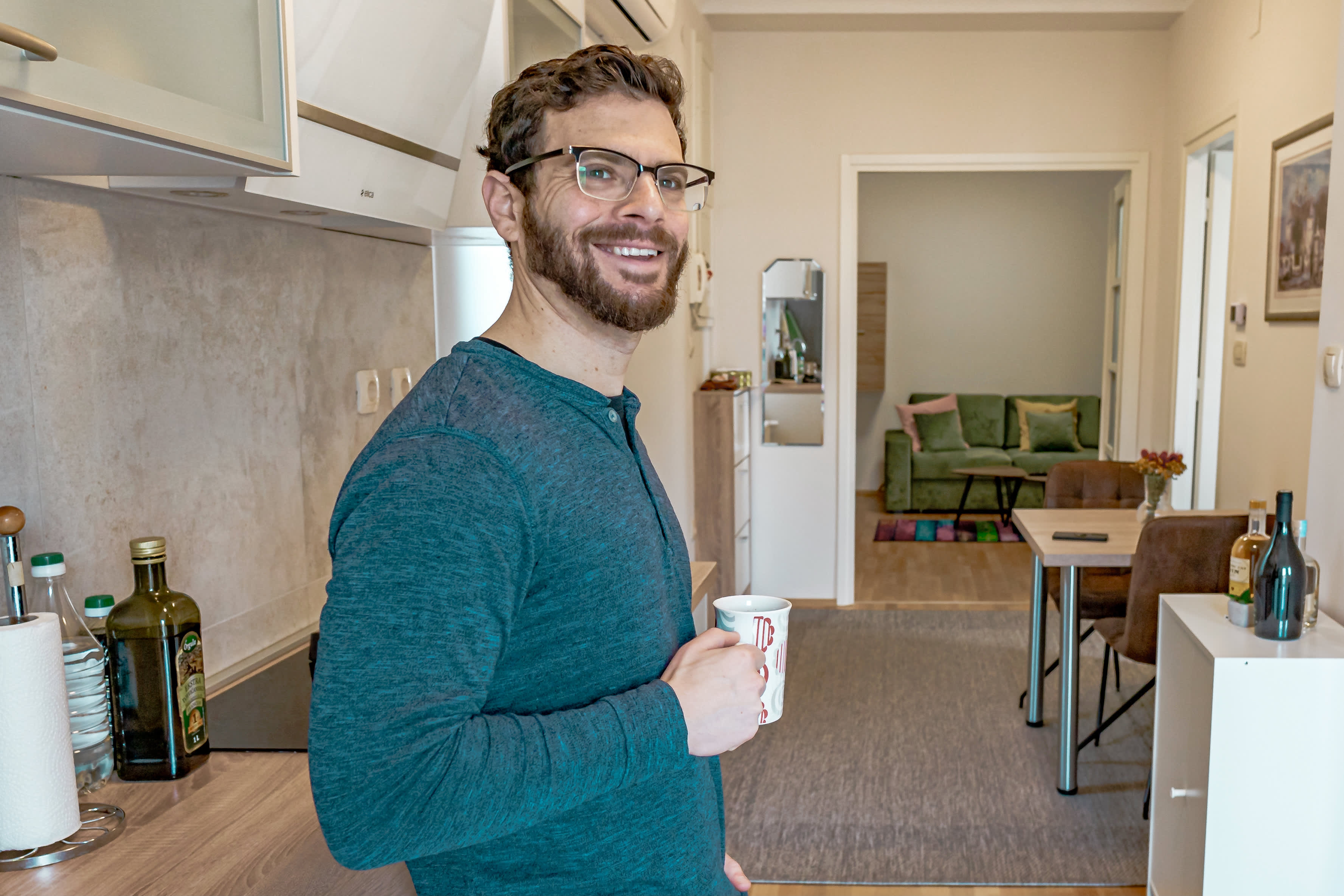| WED, FEB 23, 2022 
When I started writing about money and careers, I was a recent college grad with a tenuous grasp on markets, credit and the world of personal finance. I didn't know what an index fund was, and my thoughts on budgeting boiled down to hoping I had enough money in my checking account to last until my next payday.
I had a lot to learn. And over the past eight years working in professional media, I've been lucky enough to speak with countless people who have offered priceless wisdom and advice. Along the way, I've managed to snag a few promotions, grow my savings and build what I consider to be a decent work-life balance. Talking about index funds has become second nature. (I'm fun, I swear.)
Below, I've gathered some of the money and career lessons I've learned over the better part of a decade that have made the biggest difference in my life. But keep in mind that these tips are not intended to be prescriptive. What works for me — a white, middle-class woman on the cusp of 30 — may not apply to you.
But hopefully you can take something away from them — even if it's simply to save a little bit more money.
If it sounds too good to be true, it probably is
Very few things in life are given away freely. If you come across something that promises money, fame or some other desirable thing in exchange for the bare minimum, you should be wary. That could be a business opportunity an acquaintance is hyping, a service that promises to help pay off your debt or a new investment that will double your money.
These types of scams work because they often take advantage of people in vulnerable situations, or promise to aid us at our lowest point. But there's no such thing as "easy" money or paying back less than you owe. Chances are, that "quick fix" will put you in a worse position than where you started.
Ask for what you want
It'd be great if employers would grant us more money, a better title or the exact responsibilities we crave just because they are impressed with the work we're doing. But the world doesn't work like that for most people; you have to ask for what you want.
Some people are naturally good at this, but this lesson took me years to really put into action, and I'm still learning. Each time I muster up the courage to ask for what I want — whether that's more money, different terms on my lease or even for the cocktail I ordered, not the one I was mistakenly given — I not only get better at advocating for myself, but more confident.
Start saving
Not to sound like your mom or dad, but please start saving and investing as early as you can. This can be tough, especially when you're just starting out and stretched thin. But every dollar put away is peace of mind for a later date.
This is an area where I'm always aiming to improve: Although I've had automatic 401(k) contributions set up for eight years, I still struggle to save outside of my investment accounts. There's always something to buy, people to see, a new restaurant to try. But even a little bit goes a long way over time.
Start today: Set aside a few dollars in a sinking fund or increase your retirement contribution. It might not seem remarkable now, but you'll thank yourself in the future.
To get started, many financial advisors recommend a Roth IRA for younger workers investing for retirement. But, really, savings in any account is better than nothing.
Make time for yourself
I began my career in business journalism deep in hustle culture: Working hard, all of the time, was held up as the ideal, even as a moral imperative. If you weren't bragging about how busy you always were and how little sleep you got, you were doing something wrong.
Things have changed a bit in the past few years, and the Covid-19 pandemic, especially, has blown open how hollow much of the productivity rhetoric in the U.S. is. Now, we're having a larger conversation about burnout and what we owe employers and ourselves.
Still, hustle culture is far from dead — and when you have to work two jobs just to pay rent, it may never be gone completely. It is often a privilege to opt out. But I've come to value taking the time to do what makes me actually feel good over logging more hours on my laptop. For me, that means taking walks, baking, trying to eat a few fruits and vegetables each day, and setting aside my email to read a book or write a letter to a friend (a fledgling stamp collecting hobby is a byproduct of the latter).
This is good for you, simply because you are human and expansive beyond your job. But self-maintenance is also generative: for your work, for your relationships — for everything that matters.
Cynicism only gets you so far
As a millennial writing about money, it can be hard not to become cynical. Our careers and finances have been shaken by the 2008 financial crisis, the Great Recession and the Covid-19 pandemic. We're earning less than our parents did at our age, on average, despite being more educated, and the cost of everything — housing, school, health insurance — is significantly higher. And all of this is happening against the backdrop of a worsening climate crisis.
That's all important information to have and, hopefully, use to enact change. But it can also make much of the standard personal finance advice seem, well, pointless. Who cares about a better job title in the midst of a global pandemic? Why save for retirement when we're never going to retire, anyway?
I don't have the answers to those questions — and trust me, I think about them constantly. But I know that doing nothing in the face of all of these challenges will just make things worse. Not saving for retirement ensures that your older age will be more difficult.
If the traditional corporate path to success does not appeal to you, that's perfectly OK. But you owe it to yourself to find out what does. Aimlessness is its own hell.
Stick with the people who believe in you
When I was younger, I used to scoff at advice from my dad to focus on relationship-building and networking. Surely I wouldn't need to suck up to people, I thought. My work would speak for itself.
Young me was, frankly, an idiot. I'm not saying you need to befriend everyone you cross paths with — but if you're lucky, you'll find people in your career who believe in you, your work and your potential. It's rare, so hold on to those people if you can.
Questions or concerns? Email me at alicia.adamczyk@nbcuni.com. Have a friend who might appreciate this type of content? Please forward it along!  Trending articles from CNBC Make It
| ||||||||||||||||||||||||||||||||||||||








